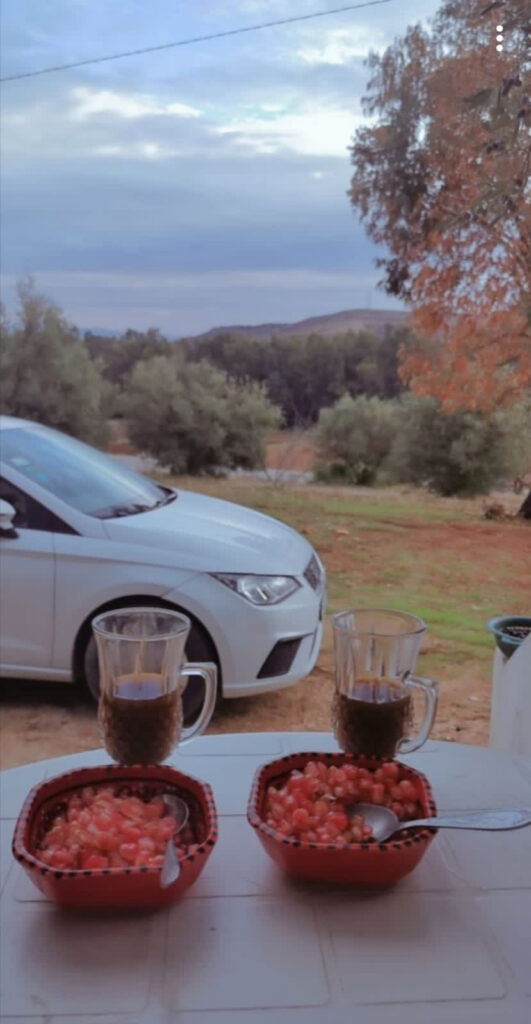The ritual was always the same. Sitting down in a café, a bar or a restaurant, spending a few hours there and then striking up a conversation with the last customer. At the end of the discussion, asking the question: “I haven’t got anywhere to sleep; will you invite me to stay the night in your home?”
For five years, between 2012 and 2017, Sélim Ben Hassen travelled throughout the towns and villages of Tunisia, through mountainous regions, shanty towns and affluent districts, meeting strangers who, in the space of an evening or even throughout a whole night, would share their stories and the tale of their life with him, in their houses or under the stars.
Behind every face there is a destiny, with its challenges, moments of happiness and pride, grief and resurrections, humiliations and comebacks, twists of fate and disillusions, and always the hope of a better tomorrow. Listening to these tales helps us realise that each of us is singular in our own way, but also understand what we have in common with humanity as a whole, whatever the colour of our skin, our gender or our condition: feelings of love and friendship, acts of generosity and devotion, but also resentment, anger and intolerance, which are inherent aspects of human nature.
From this experience arose an enduring conviction that men and women from all backgrounds are much more similar than they think. And also, most importantly, that we should always first and foremost see the humanity in others, in all its complexity and its contradictions. Because in reality, that other is us.
